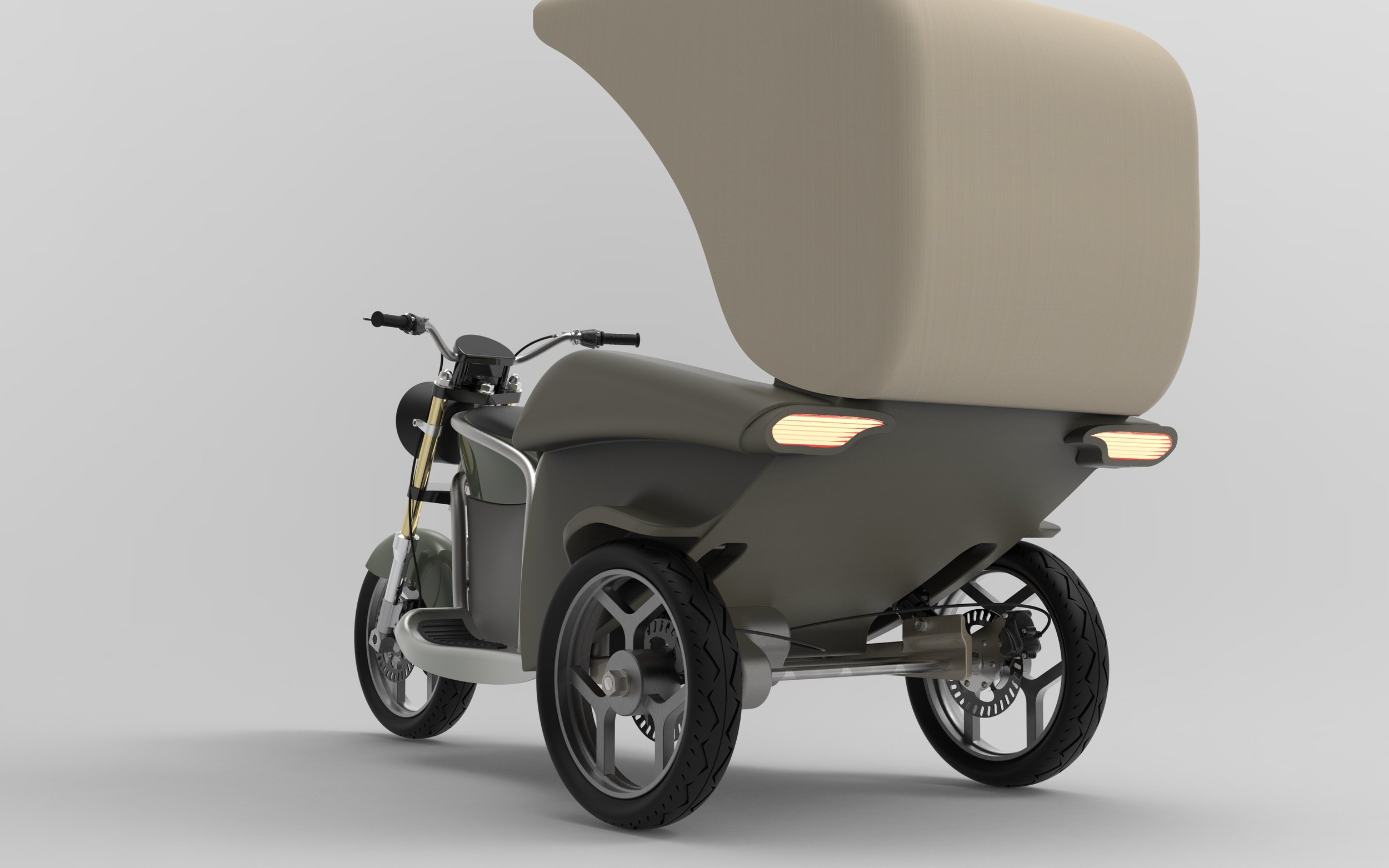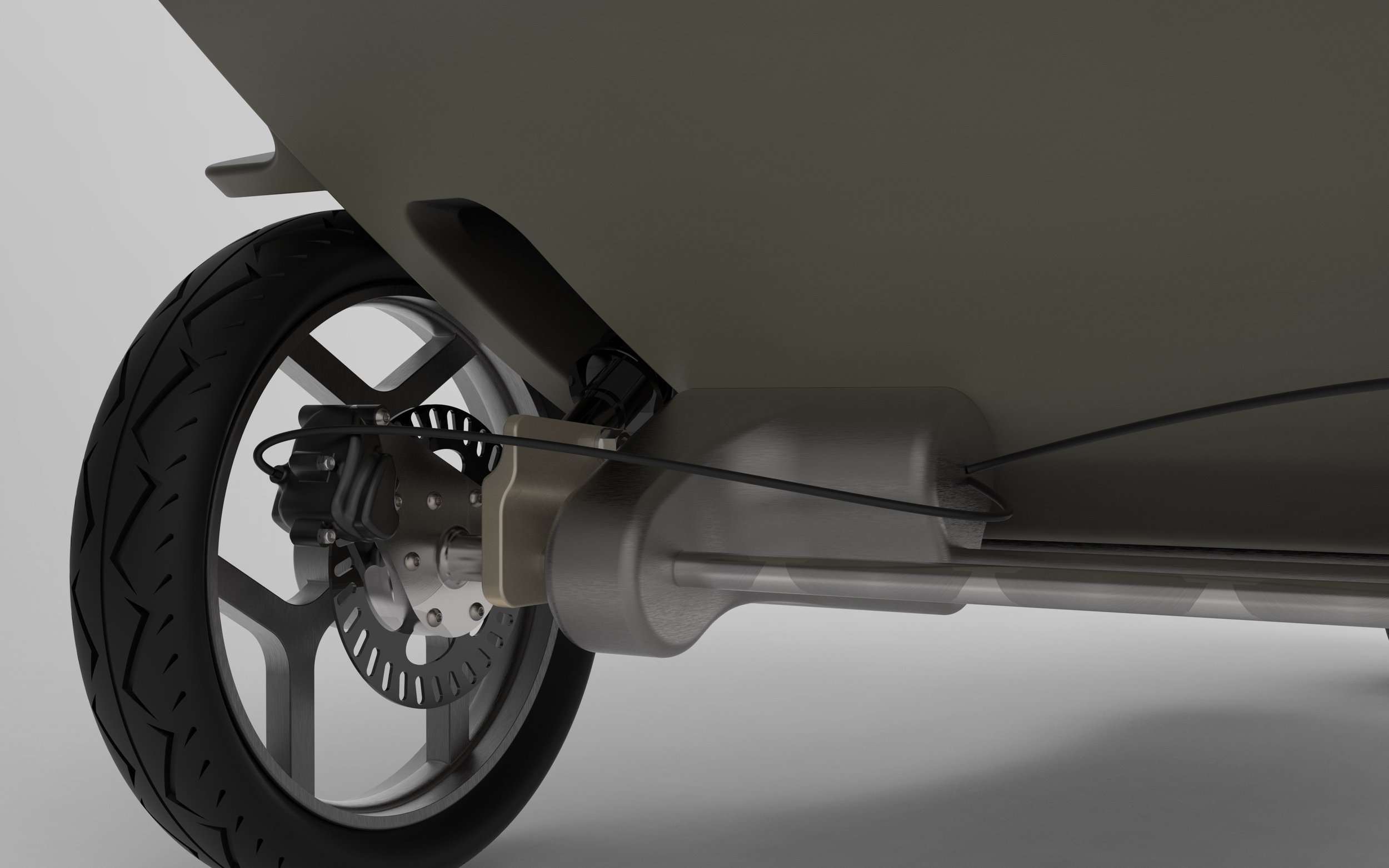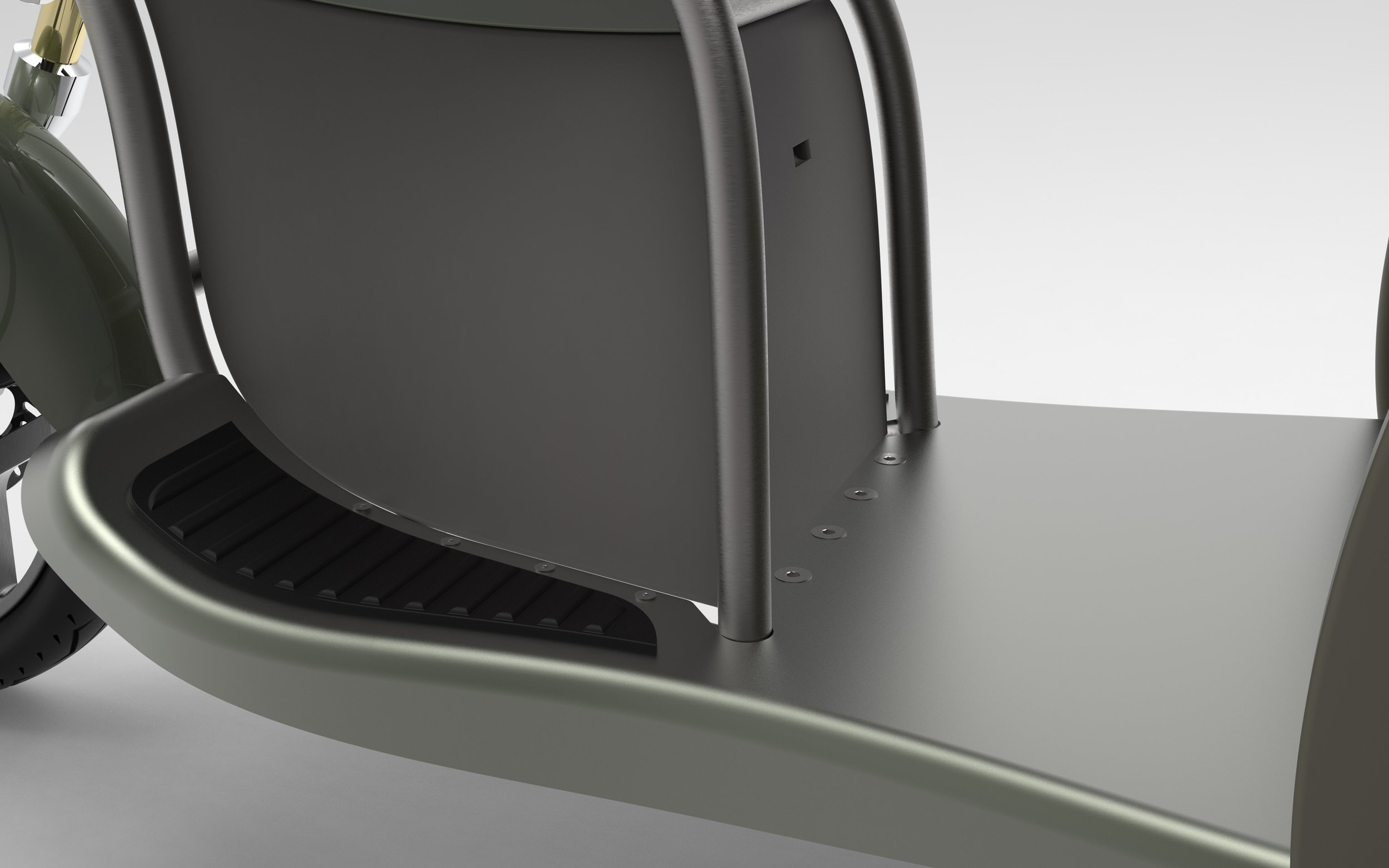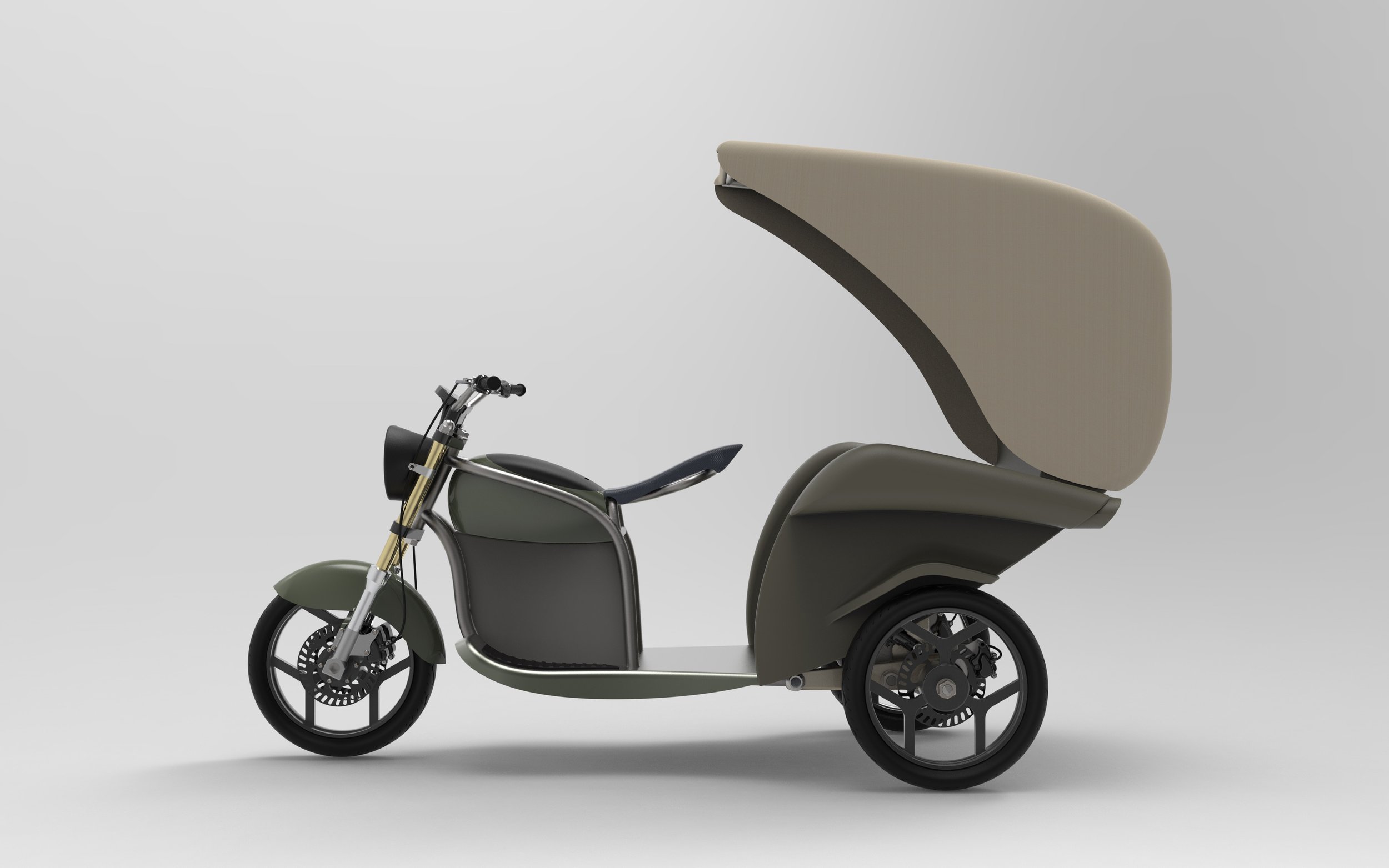
Future of rickshaw in Thailand
Field: Product Design / Mobility Design
Duration: 4 Months Year: 2023
Software Used
Reimagining the future of Tuk-tuks, the iconic mode of transportation in Thailand, against the backdrop of rising concerns about excessive carbon emissions. These emissions significantly contribute to Thailand’s poor air quality, highlighting the need for a balance between preserving cultural heritage and addressing environmental challenges.
User interface
The integrated user interface provides a tachometer, battery level indicator, and live weather updates, offering drivers essential information at a glance for seamless operation and reaction
Accessible handle
Designed for inclusivity, the handle allows passengers to board from either side effortlessly, accommodating a wide range of mobility needs.
Front seat storage
A built-in storage compartment beneath the front seat offers convenient space for drivers to securely store their belongings.
Tuk-Tuks
Tuk-tuks, also known as motorized rickshaws, has been introduced in Thailand since 1960s. Due to their convenience, afford-ability, and ability to navigate through traffic in cities like Bangkok and Chiang Mai, tuk-tuks became a popular mode of transportation. The unique experience to explore attractions on these open-air tuk-tuks remains iconic in Thailand’s culture and transportation system.
Air Pollution in Bangkok
Rocket Media Lab analyzed the data from most polluted month in 2022 to determine that combustion engines in cars, trucks, tuk-tuks, and other vehicles accounted for 72% of the hazardous fine particulates known as PM2.5 during April, followed by factories (17%) and field burning (5%).
“As of 2019, there were almost 20,000 tuk-tuks in Thailand powered by internal combustion engines.”
- The Guardian
Ideation & Rapid Prototyping
Numerous concepts were brainstormed to explore diverse applications of personal mobility, ultimately leading to the selection of an amphibious mobility device as the focus.
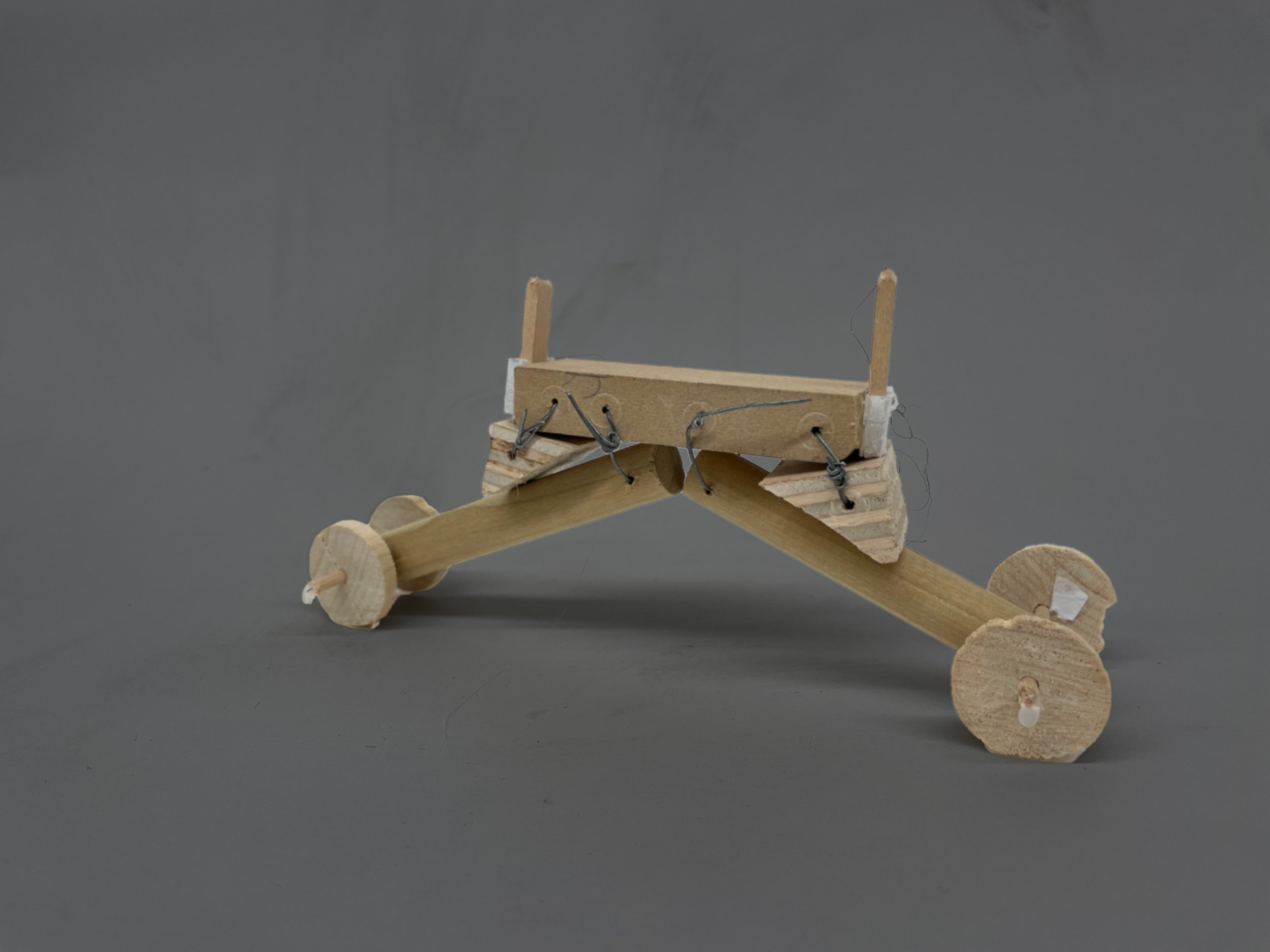




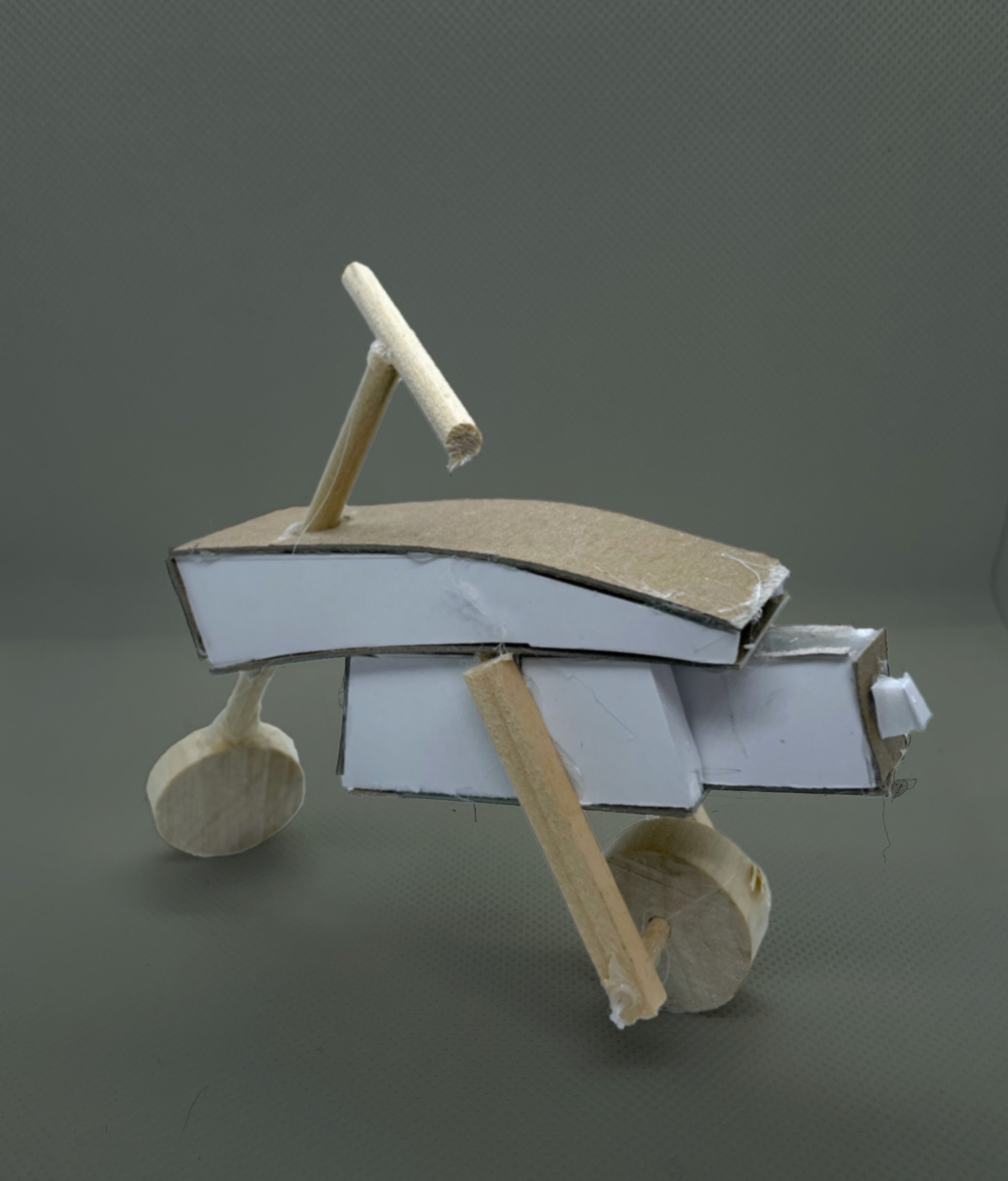


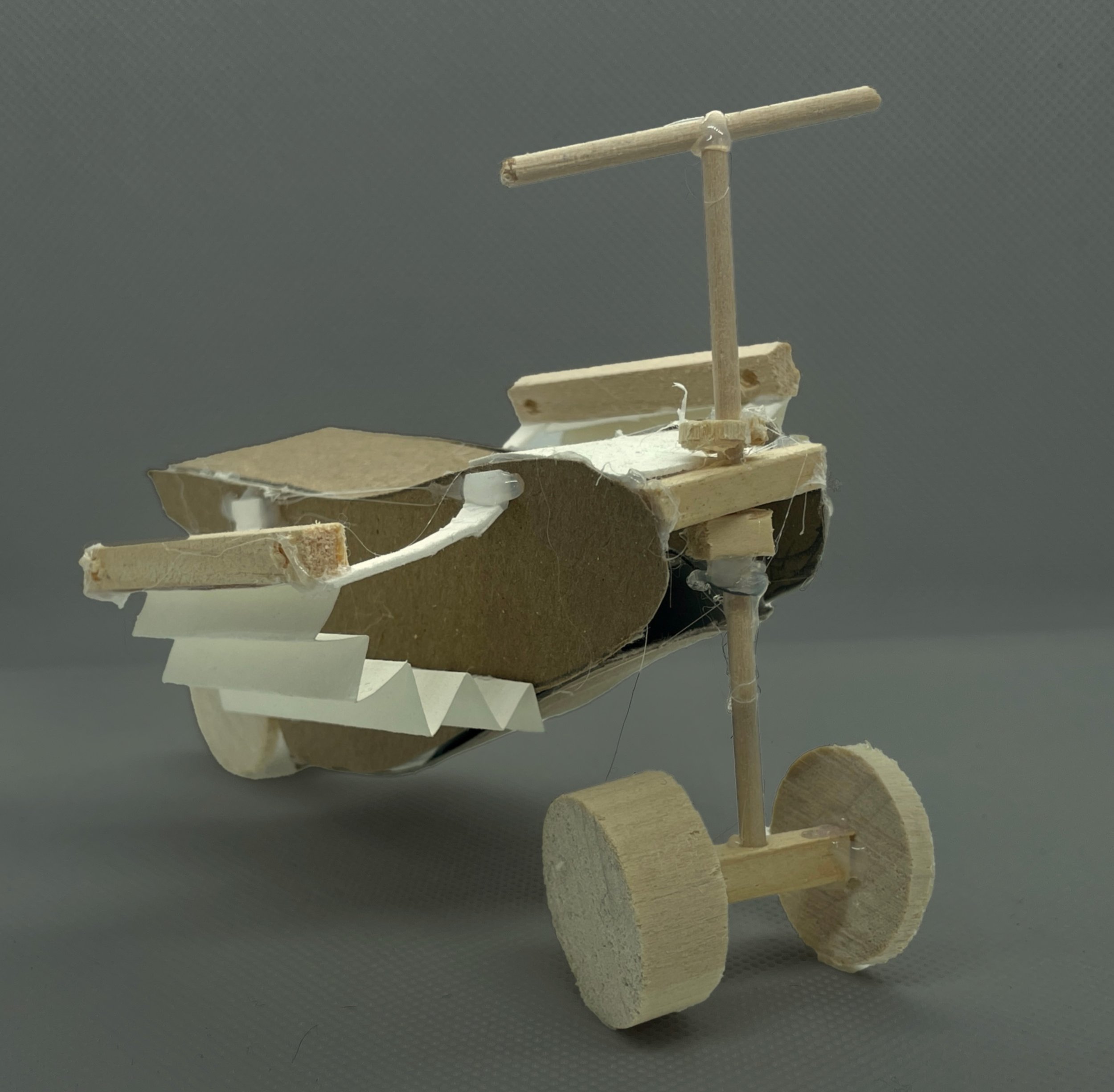



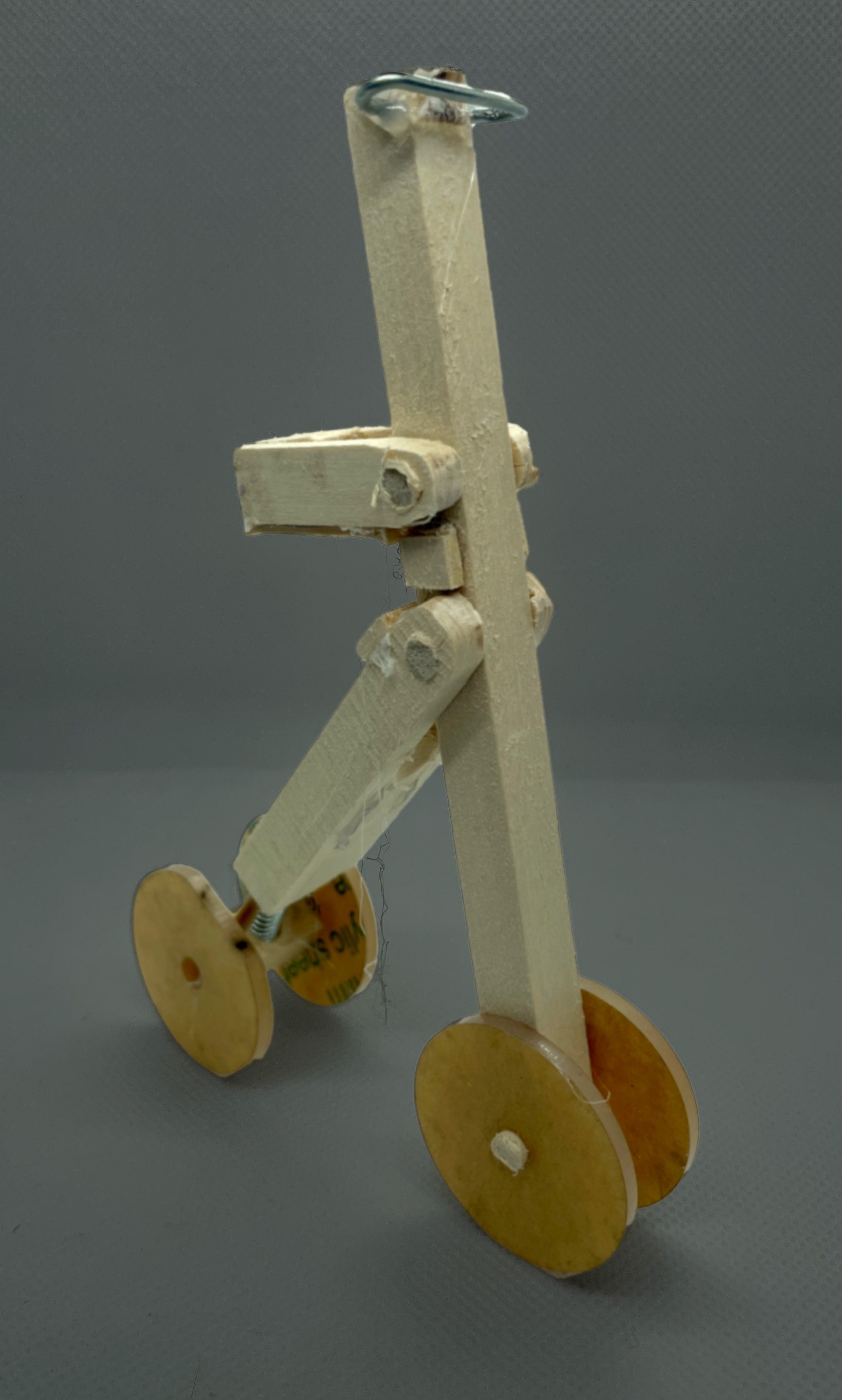



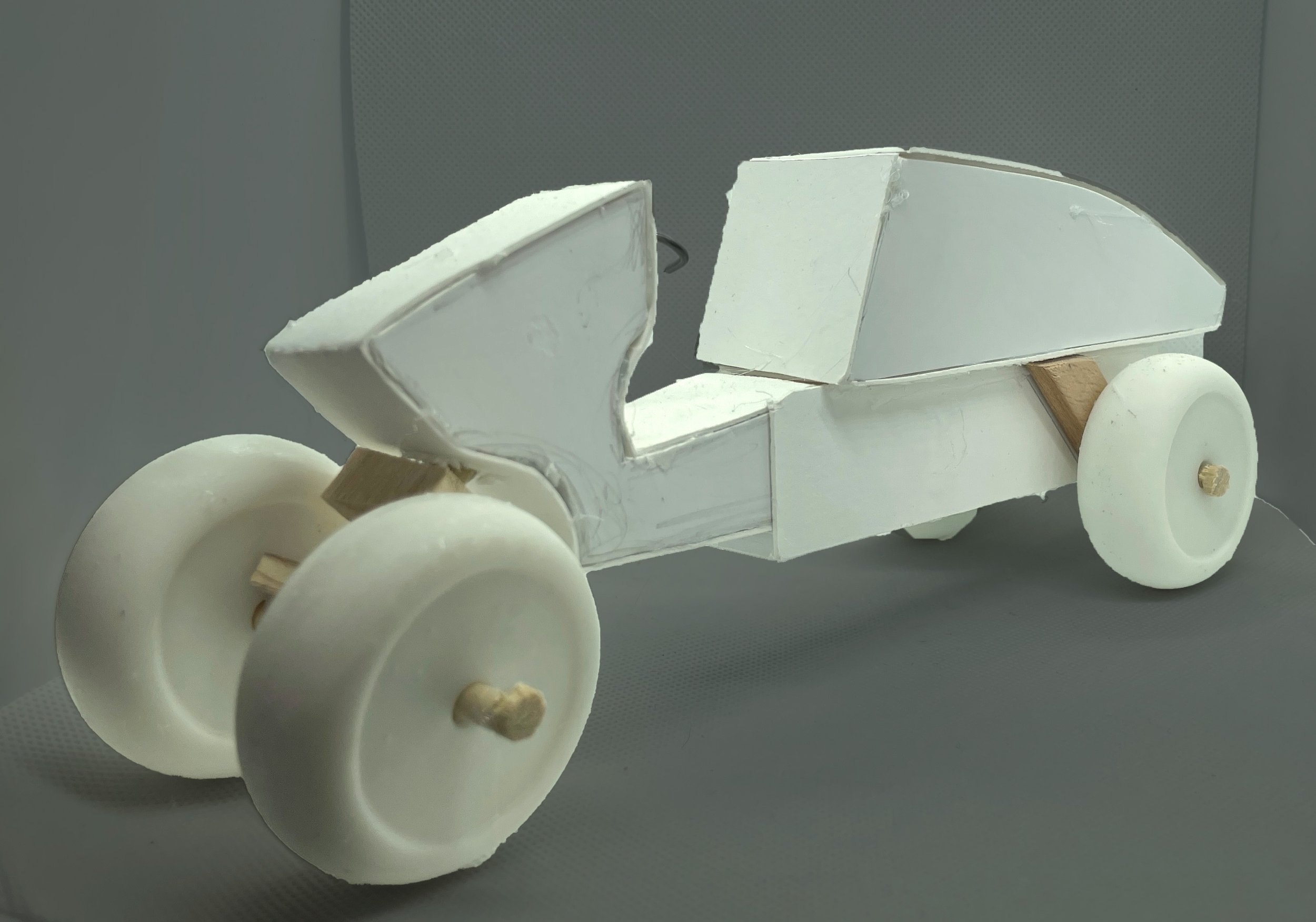
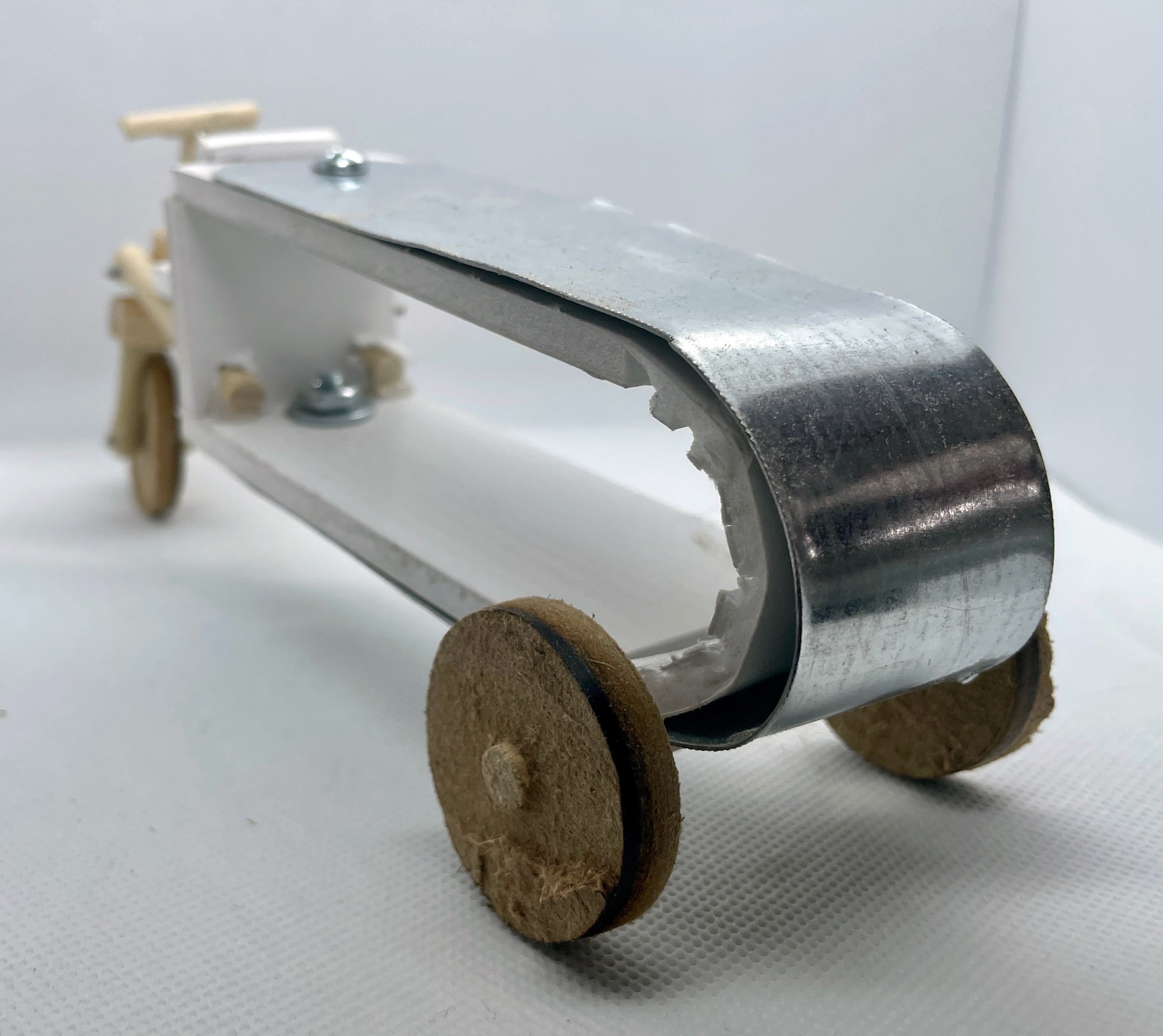
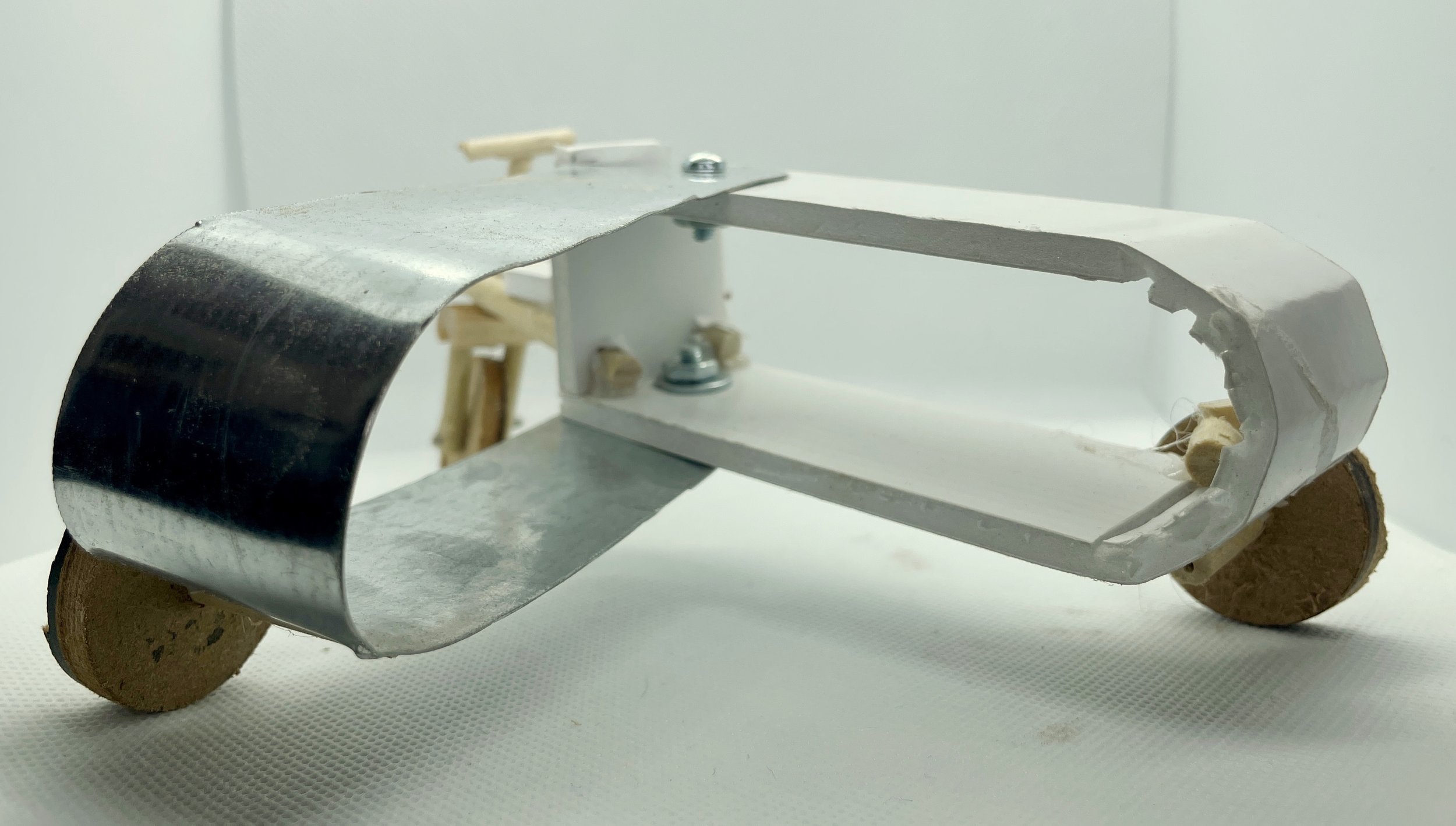
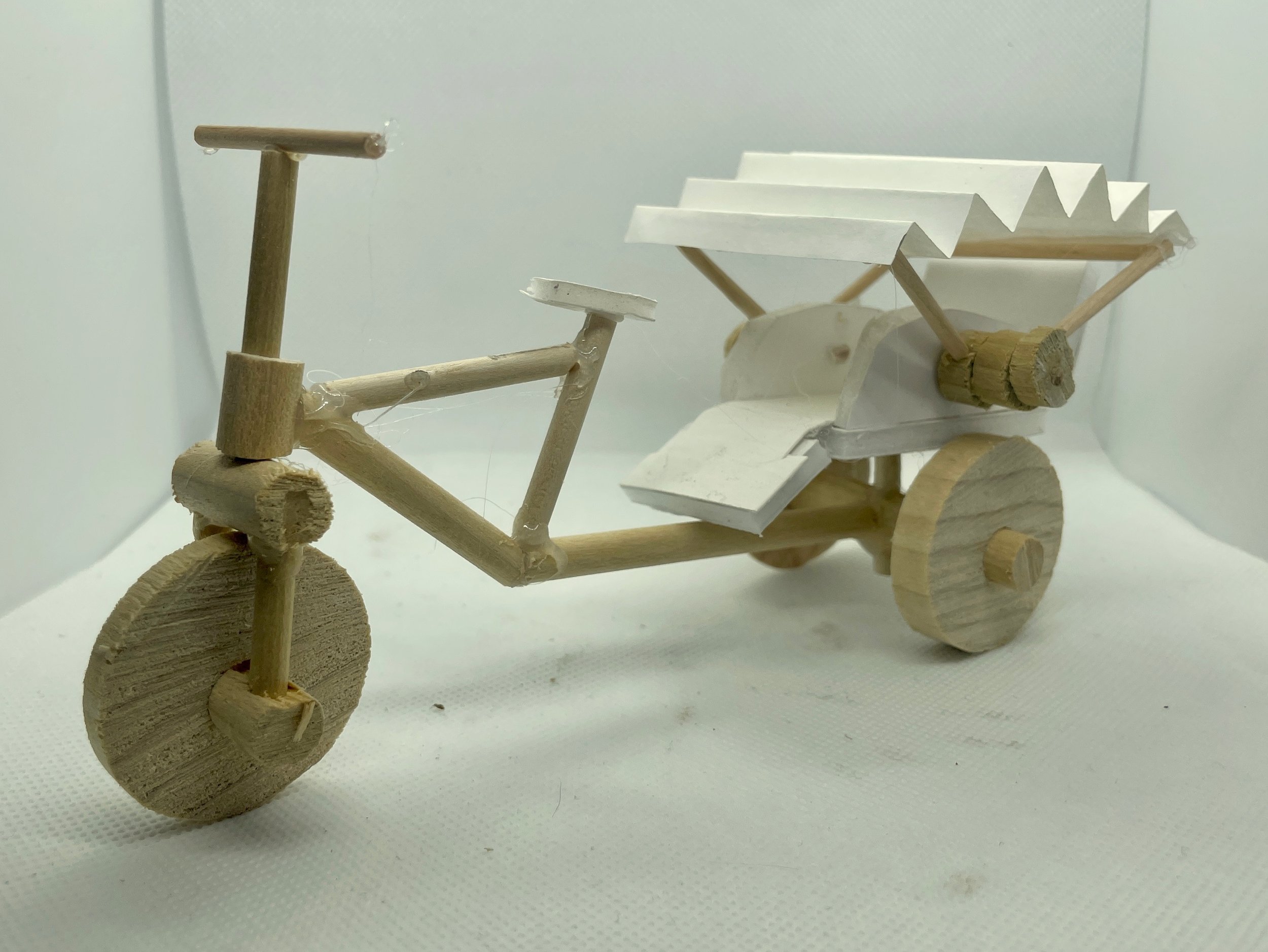
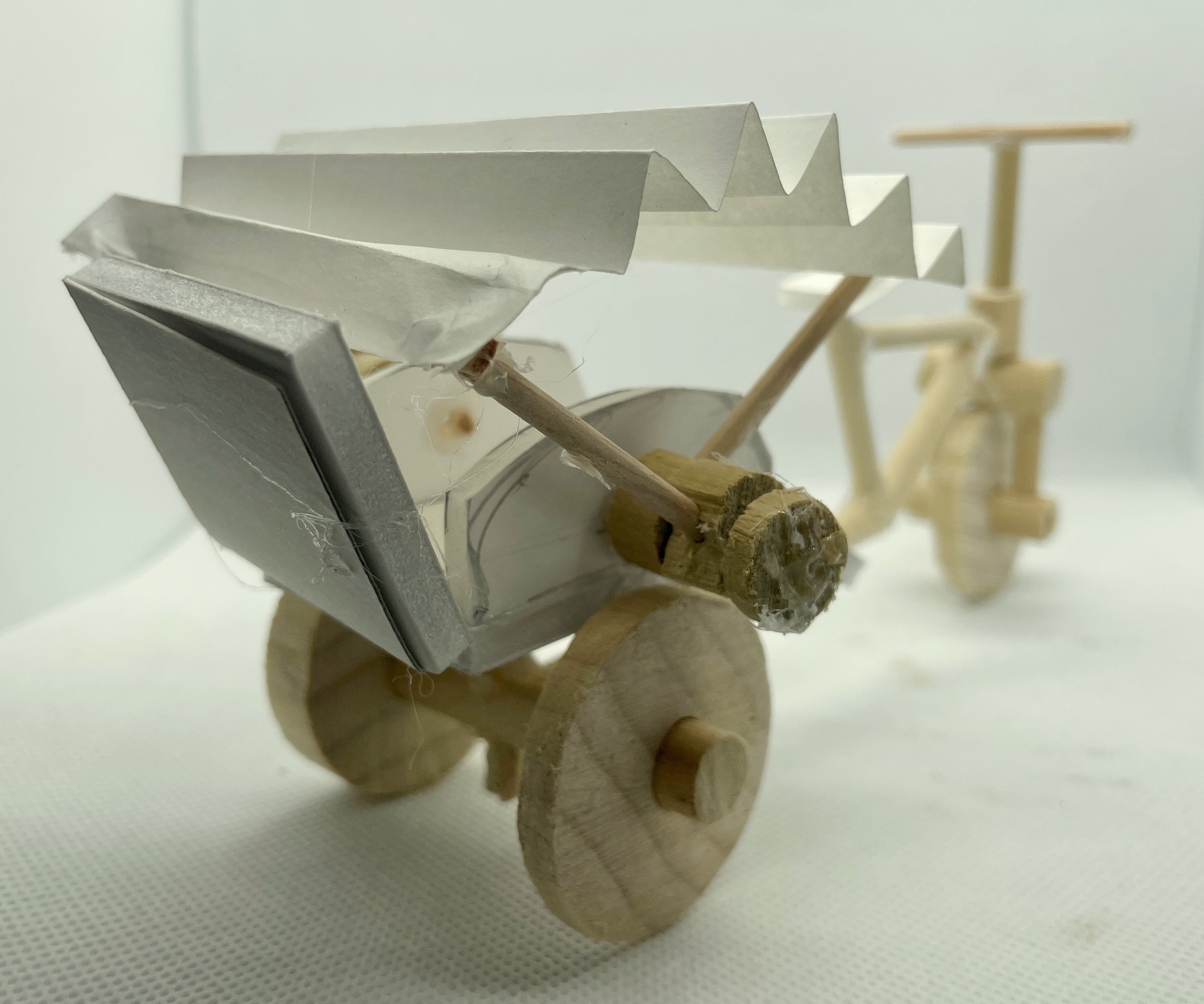

Development
Refined Final Sketch
Full-scale drawing on the wall to visualize the proportion
Constructed a full-scale model to evaluate spatial interaction with the form and test ergonomics, providing essential insights before transitioning to CAD modeling.
CAD Modeling
Developed detailed models for each component of the product while refining the overall design language.
Renderings
Waterproof electric power unit ensures product can operate smoothly even when submerged
Roto-molded seat ensures product is affordable and stylish
Elevated platform ensures driver’s safety and comfort during ride



